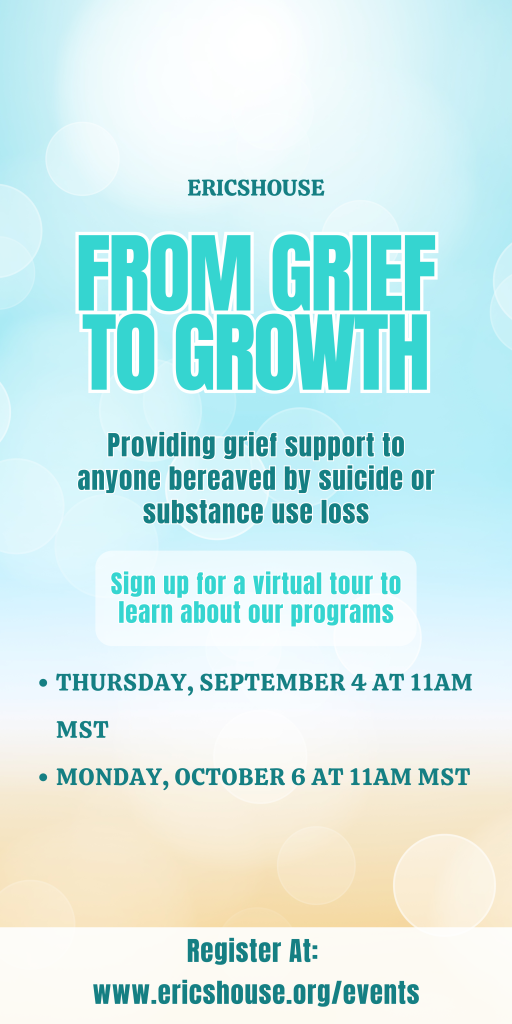May is Mental Health Awareness Month
May is a month for self-care which is necessary to find those good feelings of peace and well-being. More and more, we see our clients prioritizing mental self-care just as they do physical self-care. By raising awareness and acceptance of mental health, we not only empower ourselves, but we also help remove stigma, enforce the message that it is okay to not be okay and encourage people to seek help when they need it.
In a recent article by Anita Everett, M.D. DFAPA, Director of the Center for Mental Health Services (CMHS), she shares some strategies that you can try to get mentally healthy. Try them and see what works and what doesn’t. Keep a journal so you can follow your progress.
Enjoy the awesomeness of nature (MY FAVORITE): Research indicates that being immersed in nature can help with mild depression and anxiety symptoms. For example, just going for a walk or a hike in a natural setting can help you manage these depression and anxiety symptoms. Consider setting a reminder for yourself to get up and get out! This will help you stick to your plan to get some fresh air and will also help you maintain positive mental health throughout your day.
Connect with family or friends: This is another great way to reduce stress and even improve mental health. We are social beings and thrive on the connection, support, love, and belonging that friends, family, and our communities bring to us. Studies show that people who feel connected to others are less likely to feel anxiety or sadness, and often feel increased happiness.
Practice mindfulness: Mindfulness techniques, such as breathing exercises or guided meditation, can help manage stress and anxiety. Making time for mindful techniques, even just a few minutes at the end, or beginning, of your day can make a big difference.
Extracurriculars: Join a book club, take a hobby related class, or enjoy live music with others.
Spend time with your pets: Owning a pet can help to reduce stress and boost endorphins. Pet owners may socialize and connect with other pet owners or be outside more often – both great ways to improve or maintain positive mental health.
Volunteer: Helping others and participating in community organizations can also be a positive boost. Many community organizations welcome volunteers.
Sleep: Another critical piece to maintaining positive mental health is getting enough sleep. Set your sights on trying to sleep for however long you need to feel rested and recharged during the day.
Join a support group: Reach out and connect with others who can share strategies for getting through challenging times.
Eat right: Food can affect our mood. Avoid processed and sugary foods.
Exercise: Spend time each day to walk, run, bike, or whatever you can do to move your body.
Reduce or eliminate alcohol and other substance use: Limiting the use of substances will improve your health and mental health.
Practice self-gratitude: Being grateful for yourself, what you have, and the life around you, can promote positive thinking.
Remember, taking care of yourself is not selfish; it is necessary for you to be able to take care of others and lead a fulfilling life. By encouraging others to seek help, helping others access help or simply by being there for someone when they need us, we instill hope in ourselves and those around us.
So, make self-care a priority this May and beyond.




Recent Comments